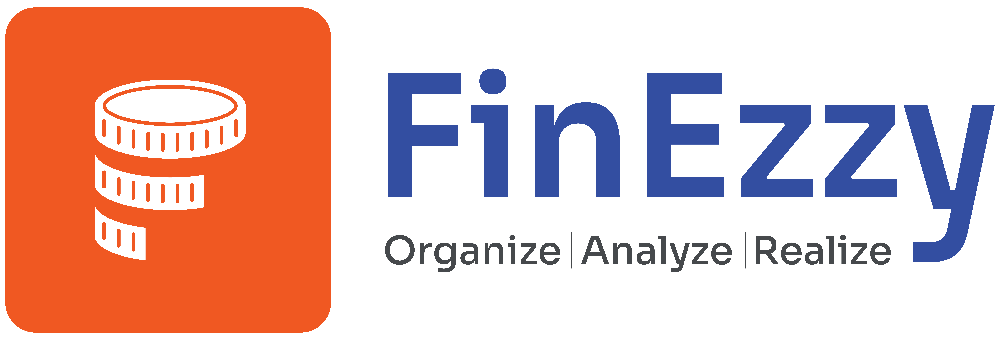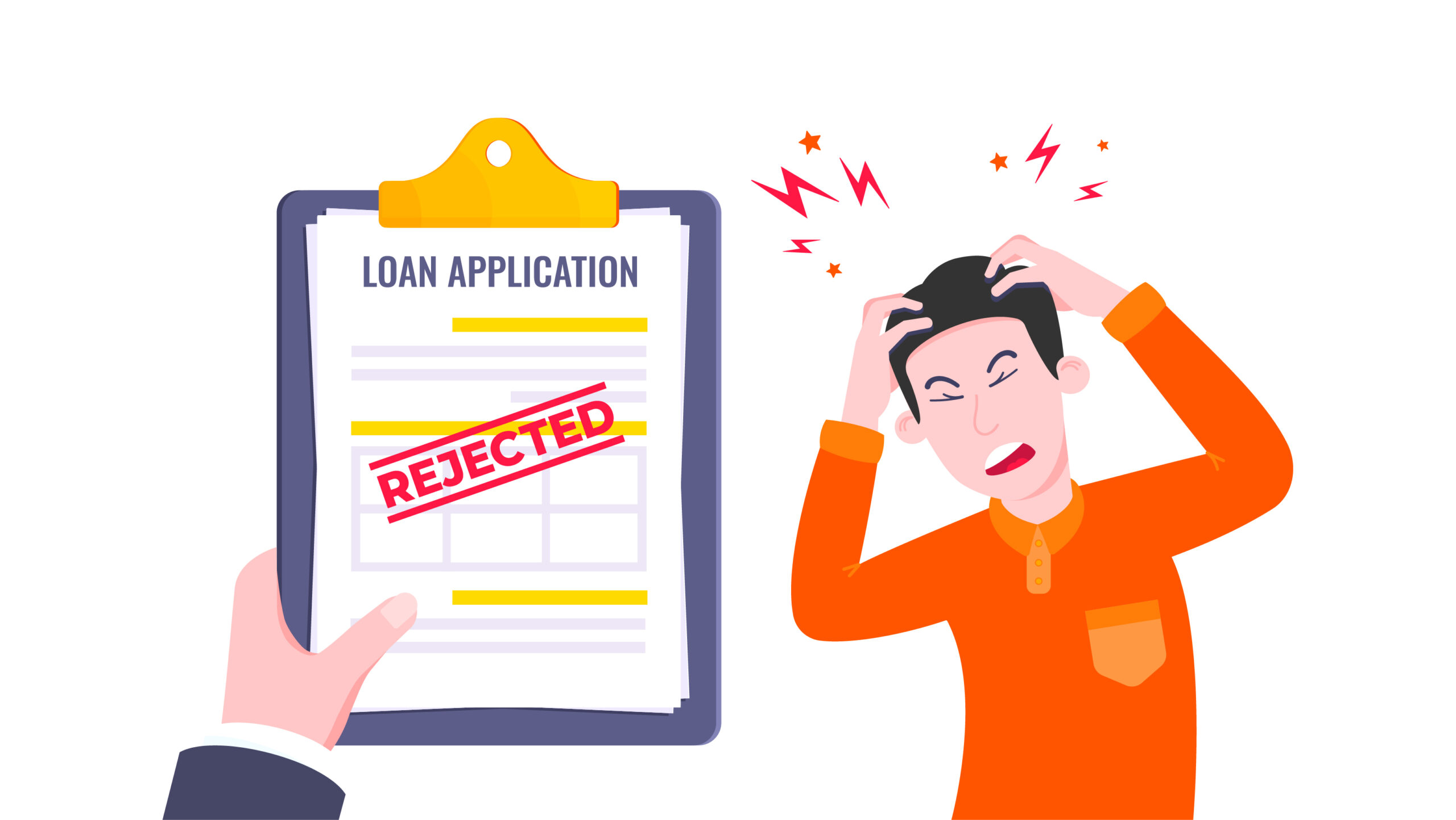Applying for a loan can often feel overwhelming, like you’re trying to solve a puzzle without all the pieces. It’s easy to find yourself lost, unsure of where you went wrong. The good news? Understanding the hurdles in the loan process can vastly improve your chances of getting the green light. In this guide, we’ll break down the common reasons applications get rejected, share tips to polish your application, and introduce how FinEzzy can make the whole experience more straightforward and less intimidating.
Let’s dive in and explore how to navigate the loan application process with ease, setting you on the path to financial success with minimal fuss.
- The Crucial Role of Credit Scores :
The term “credit score” is more than just financial jargon; it’s a vital indicator of your financial health and a crucial determinant in the loan approval process. Ranging typically from 300 to 850, this number is a summary of your creditworthiness, based on factors such as payment history, current debts, and credit history length. A score below the lender’s threshold often leads to immediate disqualification because it signals a higher risk of default. Improving your credit score requires understanding its components, such as ensuring timely payments, reducing debt levels, and avoiding new credit inquiries unnecessarily.
- The Impact of Income and Debt :
Your income and existing debt play a significant role in your loan application’s success. Lenders use the debt-to-income (DTI) ratio to assess if you can handle additional debt. A high DTI ratio indicates a significant portion of your income already goes towards debt, making lenders hesitant. To improve your chances, focus on paying down existing debts and possibly increasing your income through side gigs or new employment opportunities, thereby lowering your DTI ratio.
- Employment Stability :
Lenders aren’t just interested in how much you earn but also in the stability of your income. Consistent employment is seen as a sign of financial stability, making you a more attractive borrower. If you’ve experienced job changes or gaps in employment, be prepared to explain your situation. Demonstrating job stability or a strong job market in your field can mitigate concerns.
- The Necessity of Complete and Accurate Documentation :
The loan application process is documentation-heavy, requiring proof of income, identity, residence, and more. Incomplete or inaccurate documentation is a common reason for rejection. Double-check all paperwork for completeness and accuracy before submission. Providing comprehensive, accurate documentation streamlines the process, reducing the likelihood of delays or denials.
- Realistic Loan Amount Requests :
Asking for more money than you can realistically repay is a surefire way to get your loan application rejected. Lenders assess your financial situation to determine a feasible loan amount. Before applying, evaluate your needs and repayment capability. Requesting a sensible amount not only increases your chances of approval but also ensures you won’t be overwhelmed by repayments.
- Insufficient Collateral:
For secured loans, the value and acceptability of collateral play a critical role. If the collateral is deemed insufficient in value or not acceptable to the lender, the loan application could be rejected.
- Credit Utilization Ratio: High credit utilization (the ratio of your credit card balances to credit limits) can signal risk to lenders, even if you pay off your balances monthly. Keeping your credit utilization under 30% is generally advised.
- Adverse Public Records: Bankruptcies, foreclosures, or legal judgments against you can severely impact your loan application. These records suggest significant financial mismanagement, making you a high-risk borrower.
- Lack of a Co-signer When Needed: A co-signer is a person who needs to add their personal information and income details when a borrower is applying for a loan. In case the primary borrower defaults, the co-signer needs to step in and repay the loan. For applicants with weak credit profiles, not having a co-signer can be a deal-breaker. A co-signer with a strong credit history can significantly enhance your loan application.
Simplified Loan Application with FinEzzy
Have you ever found yourself struggling with loan approvals? FinEzzy has transformed this idea into a reality. Our innovative platform streamlines the loan application process, removing the daunting obstacles many applicants face.
With FinEzzy, you’re offered a direct route to a hassle-free loan experience. We eliminate the overwhelming clutter of paperwork and the stringent requirements of credit checks, making the application process accessible to everyone—whether you’re applying for your first loan or have faced rejections in the past. Concerns about your credit score become irrelevant, as we focus on providing a loan against your mutual funds.
Conclusion,
Navigating the loan application process requires an understanding of several critical factors, including credit scores, income and debt balance, employment stability, accurate documentation, realistic loan requests, collateral value, credit utilization, public records, and the potential need for a co-signer. By proactively addressing these areas, applicants can significantly improve their chances of approval. Services like FinEzzy further streamline this process by offering no-documentation-required applications and bypassing traditional credit checks, making it easier for a wider range of applicants, especially those new to credit or previously rejected, to access financial support. Understanding and leveraging these insights and resources can demystify the loan application process, enhancing applicants’ prospects for approval and financial success.





